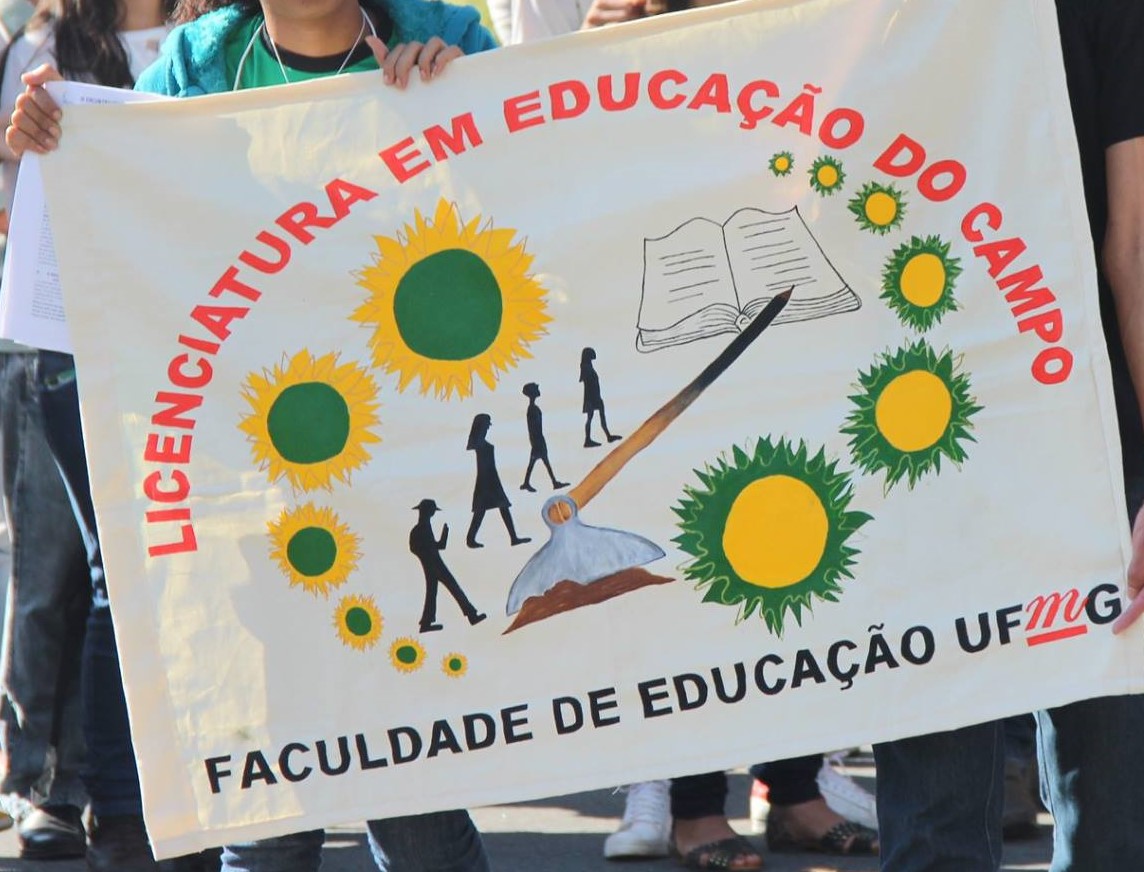COUNTRYSIDE WOMEN AT THE UNIVERSITY:
PERCEPTIONS AND EXPERIENCES IN A DEGREE IN RURAL EDUCATION
DOI:
https://doi.org/10.22478/ufpb.2447-9837.2023.n16.66842Abstract
In this article, I analyze the perception of women of peasant origin regarding certain aspects of their educational trajectory in the Degree in Rural Education – LeCampo/UFMG. These teaching training program, originated in contexts of social struggles, incorporates into the routine of academic activities emblematic elements of rural social movements, such as “místicas” (rituals or symbolic activities), slogans, flags, and others. In this way, pedagogical, academic, and activist perspectives and methodologies coexist, providing a unique experience to the educational process, distinct from conventional bachelor’s programs. The research is based on an ethnographic approach conducted throughout the formative process of LeCampo/UFMG, combined with the analysis of life narratives provided by thirteen women participants in the course. Based on the research results, I discuss the different perceptions of the interlocutors regarding being, experiencing, and integrating themselves into this bachelor’s program.
KEYWORDS: Degree in Rural Education. Countryside women. Ethnography.
Image: Flag of the Degree in Rural Education (UFMG). Source: https://www.facebook.com/lecampo/photos/a.328996373848003/887829917964643/?type=1&theater
Downloads

Downloads
Published
Issue
Section
License
- Autores mantém os direitos autorais e concedem à revista o direito de primeira publicação, com o trabalho simultaneamente licenciado sob a Licença Creative Commons Attribution que permite o compartilhamento do trabalho com reconhecimento da autoria e publicação inicial nesta revista.
- Autores têm autorização para assumir contratos adicionais separadamente, para distribuição não-exclusiva da versão do trabalho publicada nesta revista (ex.: publicar em repositório institucional ou como capítulo de livro), com reconhecimento de autoria e publicação inicial nesta revista.
- Autores têm permissão e são estimulados a publicar e distribuir seu trabalho online (ex.: em repositórios institucionais ou na sua página pessoal) a qualquer ponto antes ou durante o processo editorial, já que isso pode gerar alterações produtivas, bem como aumentar o impacto e a citação do trabalho publicado (Veja O Efeito do Acesso Livre).


